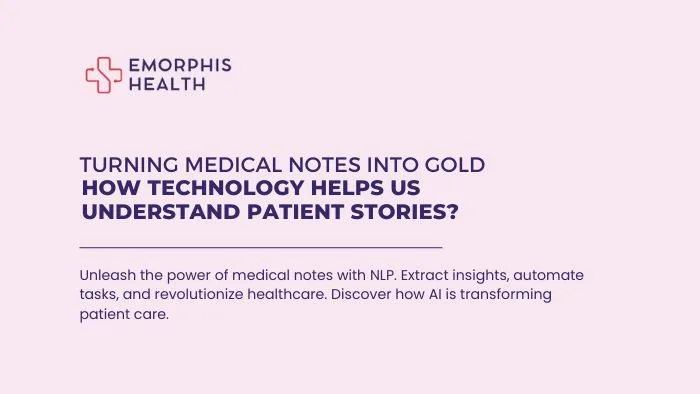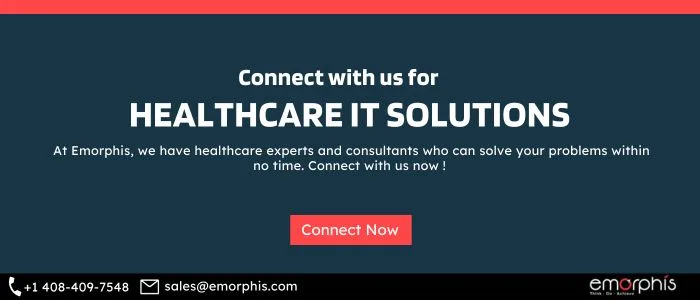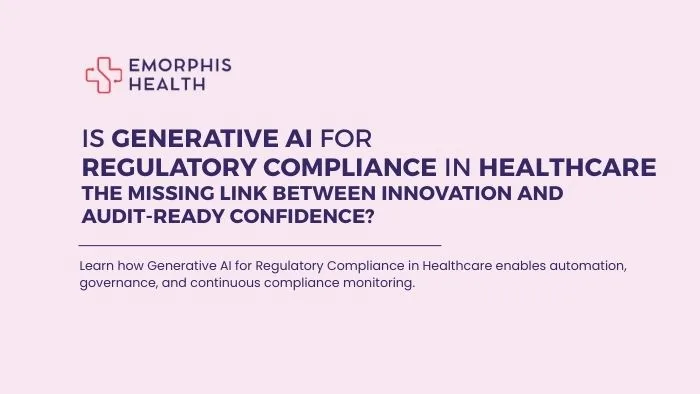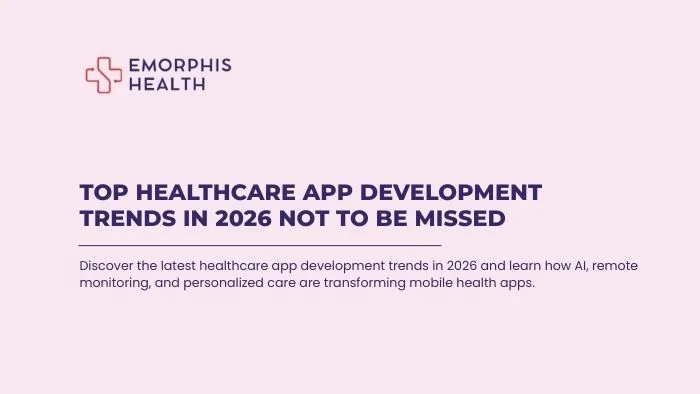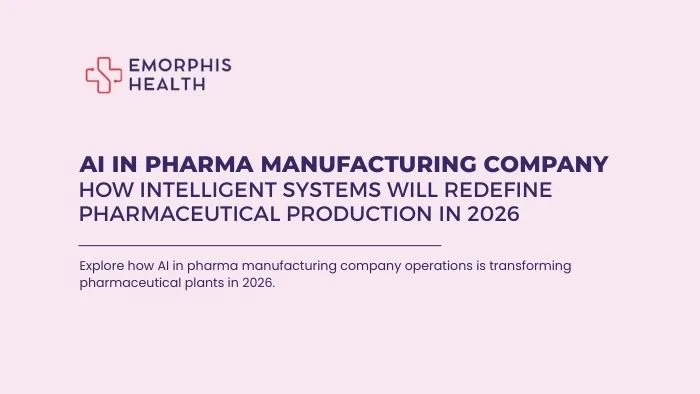Introduction
See Contents
Medical notes, the written accounts of patient encounters, have long been a valuable resource for healthcare providers. However, the unstructured nature of these notes has traditionally limited their potential for analysis and insight. Thankfully, advancements in NLP technology are transforming medical notes into a treasure trove of data.
By applying NLP techniques, healthcare providers can extract valuable information from these notes, gaining a deeper understanding of patient stories and improving the quality of care.
This article will explore how NLP technology is revolutionizing the way medical notes are analyzed and utilized, highlighting the benefits and challenges of this approach.
What is NLP Technology?
Natural Language Processing or NLP technology is a field of artificial intelligence that focuses on the interaction between computers and human (natural) languages. In simpler terms, NLP helps computers understand, interpret, and generate human language in a way that is both meaningful and useful.
Key areas of NLP include
- Text analysis: NLP can extract information from text, such as identifying entities (people, places, organizations), recognizing sentiments (positive, negative, neutral), and understanding the overall meaning of a document.
- Machine translation: NLP can translate text from one language to another, enabling communication between people who speak different languages.
- Text generation: NLP can generate human-like text, such as writing summaries, creating creative content, or answering questions.
- Dialog systems: NLP can power chatbots and virtual assistants, allowing computers to interact with humans conversationally.
The Challenge of Unstructured Data
Traditional medical notes are unstructured, meaning they lack a standardized format or structure. This makes it difficult to extract specific information and analyze it effectively. For example, a doctor’s note might contain a mix of free-text descriptions, medical codes, and abbreviations, making it challenging to automate tasks like coding or data analysis.
Key challenges associated with unstructured medical data include:
- Variability in format and style: Medical notes can vary widely in terms of format, style, and content, making it difficult to develop consistent rules for data extraction and analysis.
- Ambiguity and subjectivity: Natural language is inherently ambiguous and subjective, making it challenging for computers to interpret the meaning of medical notes accurately.
- Abbreviations and acronyms: Medical notes often contain abbreviations and acronyms that can be difficult for computers to understand, especially if they are not commonly used or have multiple meanings.
- Noise and errors: Medical notes may contain errors, such as typos or inconsistencies, that can hinder data analysis.
- Privacy and security concerns: Medical notes contain sensitive patient information, making it essential to protect their privacy and security.
These challenges have historically limited the potential of medical notes to provide valuable insights into patient care. However, advancements in NLP technology are helping to address these challenges and unlock the hidden value of unstructured medical data. 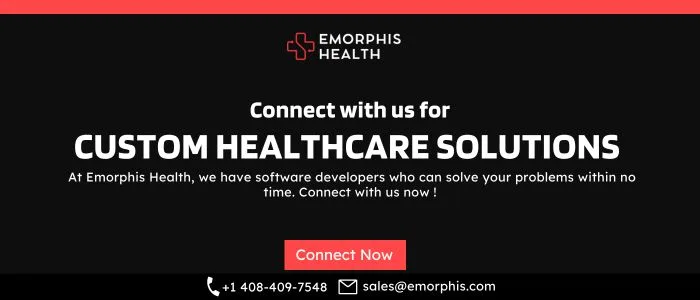
The Power of Natural Language Processing (NLP)
NLP technology is a field of artificial intelligence that enables computers to understand and interpret human language. By applying NLP techniques to medical notes, healthcare providers can extract valuable insights that were previously hidden within the unstructured text.
Key NLP Techniques for Medical Notes:
- Information Extraction: NLP algorithms can identify and extract key information from medical notes, such as diagnoses, symptoms, medications, and procedures. This can be used to automate clinical coding, risk stratification, and population health management.
- Entity Recognition: NLP can recognize named entities like patients, doctors, hospitals, and medical terms, enabling data linkage and analysis across different sources. This can be helpful for identifying patient cohorts, tracking disease progression, and evaluating the effectiveness of treatments.
- Sentiment Analysis: NLP can detect the sentiment expressed in medical notes, helping to understand the patient’s emotional state and identify potential areas of concern. For example, NLP can be used to identify patients who may be experiencing depression or anxiety, allowing for early intervention and support.
By leveraging these NLP techniques, healthcare providers can extract valuable insights from medical notes that can inform clinical decision-making, improve patient outcomes, and drive advancements in healthcare research.
Real-World Applications of NLP in Healthcare
1. Clinical Coding
- One of the most common applications of NLP in healthcare is clinical coding. Traditionally, assigning the correct medical codes to patient encounters is a time-consuming and error-prone task. NLP can automate this process by extracting relevant information from medical notes, such as diagnoses, procedures, and medications, and matching it to the appropriate codes. This not only improves accuracy but also frees up valuable time for healthcare providers.
2. Risk Stratification
- NLP can also be used for risk stratification, which involves identifying patients at high risk for certain conditions or complications. By analyzing medical notes, NLP can identify risk factors such as age, family history, and comorbidities, allowing for early intervention and preventive care. For example, NLP can be used to identify patients at risk for heart disease or diabetes, enabling healthcare providers to implement preventive measures and reduce the likelihood of adverse outcomes.
3. Population Health Management
- NLP is a valuable tool for population health management, which involves analyzing large datasets of patient data to identify trends and patterns in disease prevalence. By analyzing medical notes, NLP can extract information about patient demographics, diagnoses, and treatment outcomes, providing insights into the health of a population. This information can be used to develop targeted interventions and improve the overall health of a community.
4. Clinical Research
- NLP can also play a crucial role in clinical research. By extracting data from medical records, NLP can facilitate the identification of potential study participants, accelerate the recruitment process, and improve the quality of data collected. NLP can also be used to analyze clinical trial data, identifying trends and patterns that may inform the development of new treatments and therapies.
These are just a few examples of how NLP is being used in healthcare today. As NLP technology continues to advance, we can expect to see even more innovative applications that will improve patient care and outcomes.
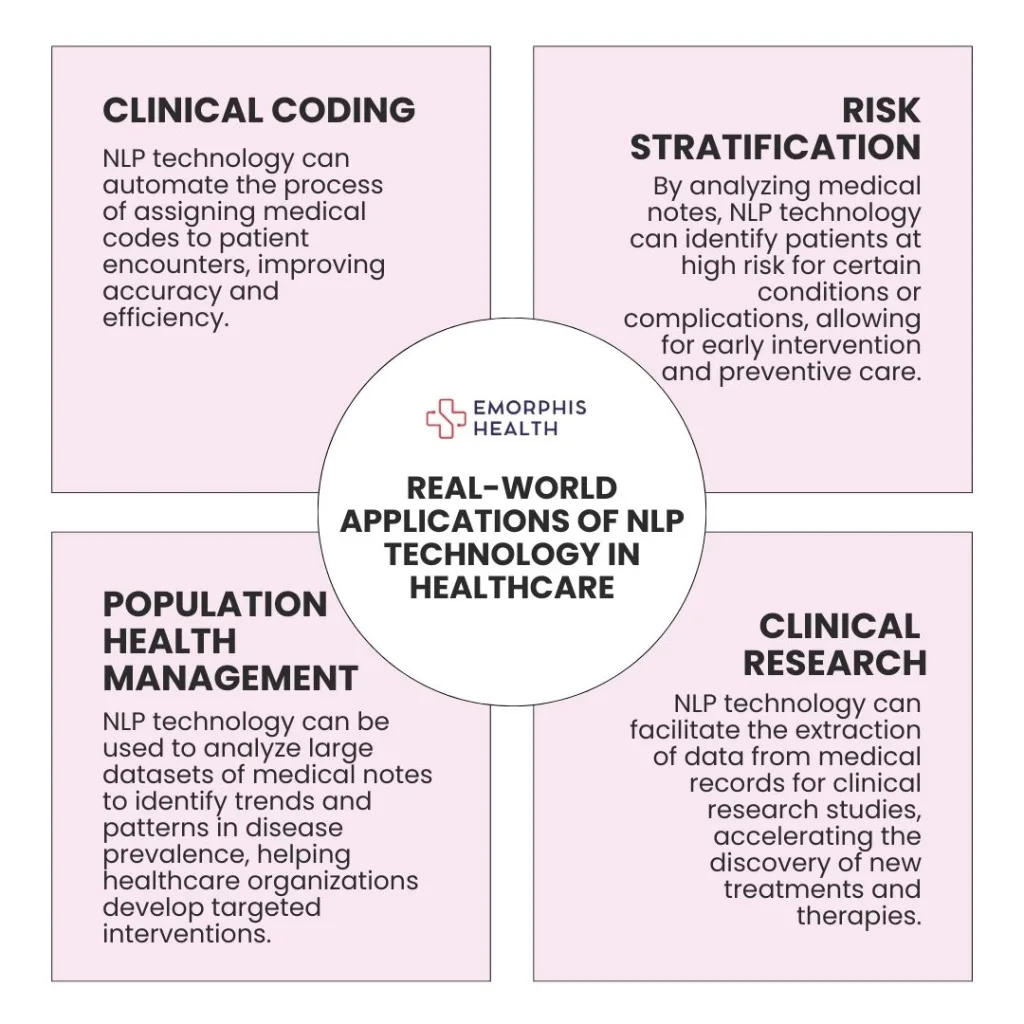
Challenges and Considerations
While NLP has shown great promise in healthcare, there are still challenges to overcome. One significant challenge is the variability in medical terminology and the use of abbreviations. Additionally, privacy and security concerns must be addressed when handling sensitive patient data.
The Future of NLP in Healthcare
As NLP technology continues to advance, we can expect to see even more innovative applications in healthcare. For example, NLP may be used to develop intelligent virtual assistants that can help patients manage their care or to create personalized treatment plans based on individual patient data.
Conclusion
As NLP technology continues to advance, its potential to revolutionize the healthcare industry is becoming increasingly apparent. By extracting valuable insights from medical notes, NLP can inform clinical decision-making, improve patient outcomes, and drive advancements in healthcare research.
While there are still challenges to overcome, such as the variability in medical terminology and privacy concerns, the benefits of NLP far outweigh the drawbacks. As NLP technology becomes more sophisticated and accessible, we can expect to see even more innovative applications in healthcare, from personalized treatment plans to intelligent virtual assistants.
In conclusion, NLP is a powerful tool that can help healthcare providers unlock the hidden value of medical notes and gain a deeper understanding of patient stories. By embracing this technology, we can pave the way for a more patient-centered and data-driven future for healthcare.
Emorphis Health, as a pioneer in healthcare technology, is well-positioned to leverage the power of NLP to revolutionize patient care. By partnering with Emorphis, healthcare providers can access cutting-edge healthcare solutions. Emorphis’ expertise in healthcare data analytics and AI can help organizations unlock the full potential of their data, driving more patient-centered and data-driven approaches to healthcare delivery.
Further, find details on the Top 10 Best Practices for Healthcare Data Integration.

